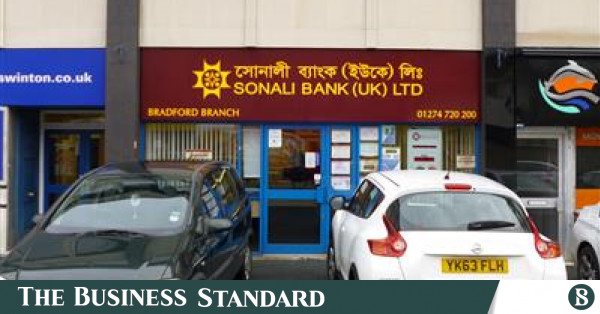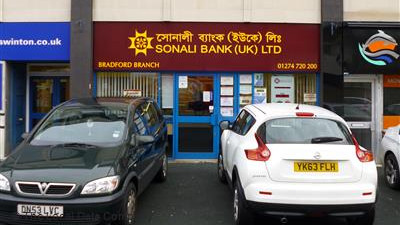
If the two qualified candidates are unavailable among the officers of Sonali Bank, officers will be recruited to all the posts from among the officers of the other five banks.
Photo: Collected
“>

If the two qualified candidates are unavailable among the officers of Sonali Bank, officers will be recruited to all the posts from among the officers of the other five banks.
Photo: Collected
State-owned Sonali Bank’s decision to establish a new institution, Sonali Pay (UK) Ltd, in the UK, has raised concerns about its ability to generate yields after it failed to generate profit through its UK branch which closed down in 2021.
The bank’s chairman claims the move will serve the Bangladeshi community in the UK through remittance services although half a dozen exchange houses owned by private banks closed down in the last two years.
In 2016 the bank’s previous entity, Sonali Bank (UK) Ltd, and its then CEO was fined by the Bank of England for various charges, including non-compliance with laws. Consequently, its banking activities were suspended, but certain services like LC advising, confirmation, discounting, and remittance continued.
Following the closure of Sonali Bank (UK) Ltd, Sonali Bank claims to have Tk823 crore taka equity in the UK and intends to establish an exchange house using this equity.
The country’s remittances inflow has been increasing for several years from the United States and the United Kingdom. However, Bangladeshi exchange houses launched in the UK have suffered to gain ground.
After 2010, more than a dozen banks in the country opened money exchanges in different cities of the UK with the most failing to last long after inception.
The money exchange houses of six banks – Prime, Pubali, AB, BRAC and Mutual Trust – have already closed down.
At present there are seven exchange houses in the UK including Bank Asia, BRAC, Standard Bank, Exim, IFIC and Mercantile Bank.
However, most of these exchange houses are suffering continuous losses, according to bankers of the respective institutions.
A senior official of the central bank said, Sonali Bank has not been able to bring any profit to the country since 2014.
The official also said that the Sonali Bank also did not reply timely to the central bank’s query.
According to the annual report of Sonali Bank, loss before tax in 2016 and 2017 was £2.96 lakh and £1.25 lakh respectively. However, it returned to profit from 2018 – £68,973 before tax. Then in 2021, it went into losses again and this time it was £5,71 lakh.
On Sonali Bank’s new venture, Ziaul Hasan Siddiqui, chairman of the Bank, told TBS that the decision to open an exchange house and trade financing institution came after the closure of Sonali Bank UK.
“Meanwhile, trade financing has started under the name of Sonali Bangladesh UK Limited. In a few months last year, it made a profit of about $1.8 million,” he said, adding that the ownership ratio of the company is 51% and 49% by the government and the Sonali Bank respectively.
The licence process of Sonali Pay UK Limited is still underway, he said.
A secretary of the Ministry of Finance said that some Tk500 crore is required to set up a bank.
“There is still about Tk800 crore worth of equity in the closed institute in the UK. If they can make profit, it will be good for the country. On the other hand, if the equity is lost in the name of a new business, the taxpayers’ money will be wasted,” said the secretary.
Former Secretary of the Bank and Financial Institutions Division (BFID) Ashadul Islam has been made the Chairman of the Sonali Bangladesh UK Limited. Officials of the finance ministry questioned the basis of Ashadul Islam’s chairmanship as he is retired from public service.
Sonali Bank’s former MD Ataur Rahman Prodhan told TBS, “They must have analysed the prospects of trade financing after the closure of Sonali Bank in the UK. Trade financing business can be good there. Although banking services are closed now, there is also an opportunity to resume.”
The government had injected funds in stages to help the Sonali Bank’s UK venture run. Fund was even given from the country’s foreign exchange reserves. After several fund injections, the capital of the company stands at £63.8 million pounds, which is Tk687 crore.
The state-owned lender currently has two overseas branches in India and three representative offices in Kuwait and Saudi Arabia.





